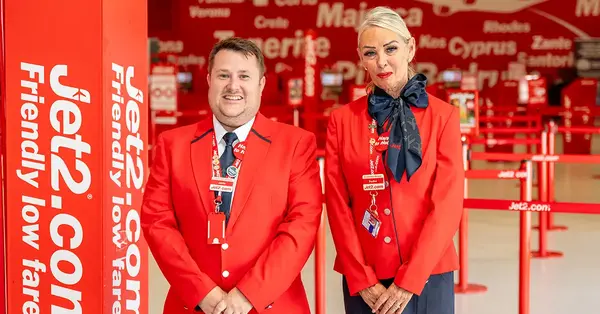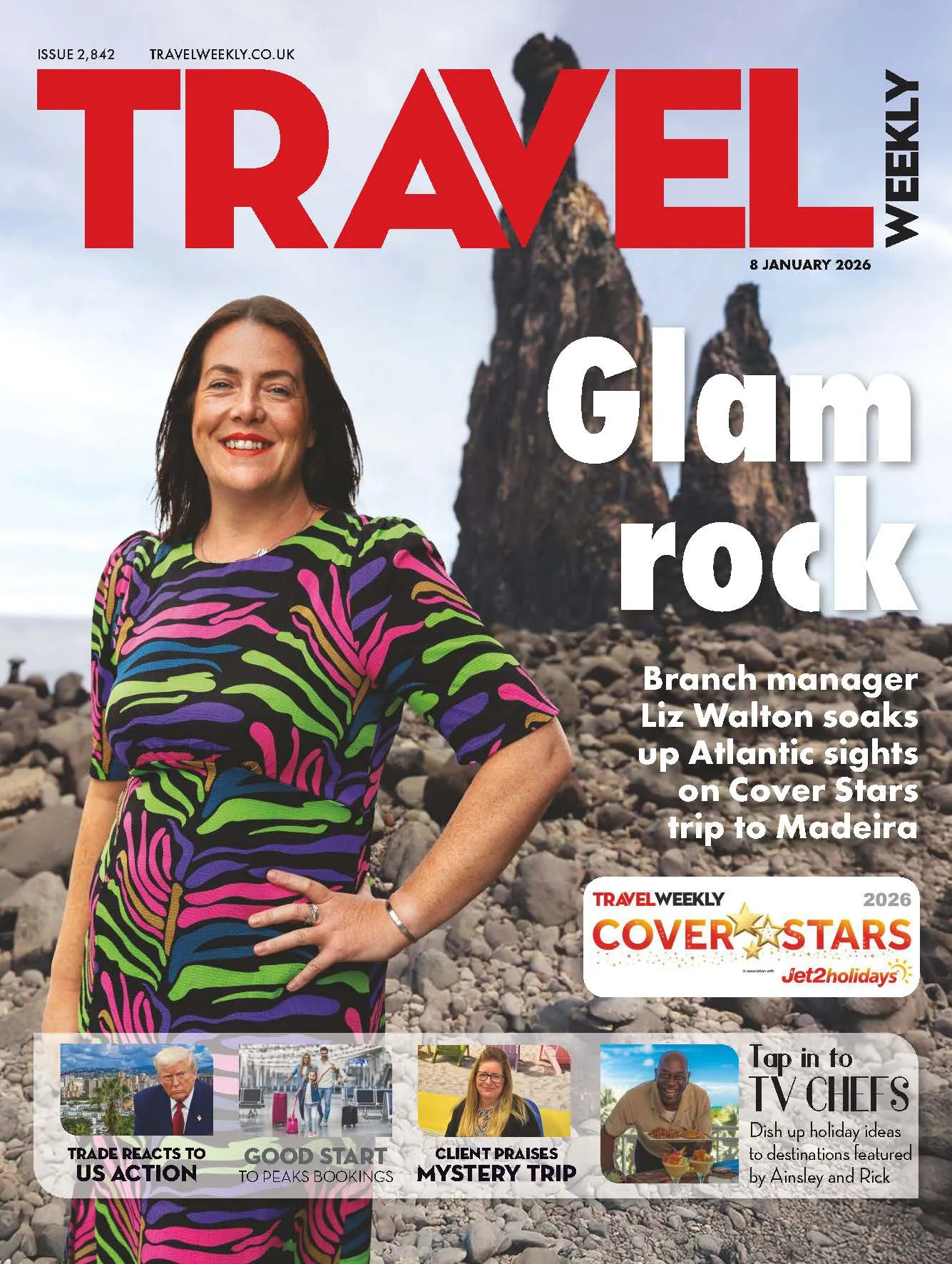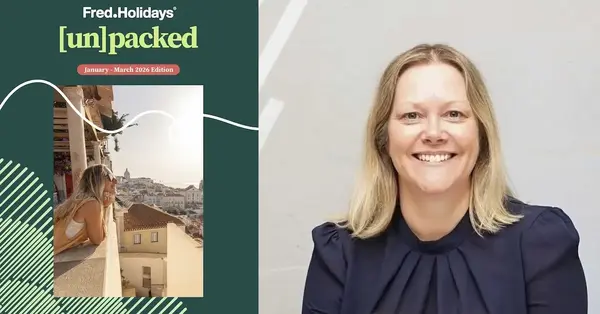You are viewing 1 of your 2 free articles
Comment: Travel must learn how to talk itself up as a career
Travel, we’ve been told for decades, is a people business. And yet, the current marketplace evidence is that the sector is struggling to attract or retain people. That’s not much of an accolade for a people business.
Over the past few months, I’ve moderated several recruitment and human resources panels at travel industry conferences and seminars.
The conclusions of all those panels were largely the same: the sector needs to do more to attract and retain its people and it needs to do a better job highlighting the fantastic opportunities it offers. And there is little doubt that that is true.
However, when it comes to recruitment, the travel sector is not great at selling itself.
The problem, when one takes a helicopter view of the scenario, is a classic marketing one. And it is marketing that can solve the challenge facing the industry.
First, there is intense competition for talent in the marketplace. And among this competition are some real heavyweights with a glamour and appeal that outstrips travel.
Take the IT sector, for example. IT is no longer the niche sector of classroom geeks. Coding has become a highly desirable skill for the new generations coming into the workplace, and programmers can earn big money and enjoy a distinct status among their peers.
The travel sector runs on IT, and yet we barely talk about it. Rarely is it part of a travel company’s marketing narrative.
Parental perception
The industry also ignores the real influencers: parents. The sector seems to have a reputation, among non-travel folk, as a working environment of long hours and low pay. Yes, you may visit exotic locations but will you really get to see and experience them, or will you just be toiling morning, noon and night while others, your customers, have a great time?
That is often the view of parents. And why would they endorse the travel sector to their precious son or daughter if that is their perception? However, the reality is that parents, like customers, often see only the harassed check-in staff at an airport or the hotel receptionist who was on reception when you arrived last night and when you check out the following morning.
Everyone thinks of the sector as being a vertical one, whereas actually it is horizontal, with skills such as logistics and maintenance, and professionals like chefs and barristers developing their skills within it. For many people, the difference between service and servile is confused.
Of course, nobody wants their child to be servile to anyone; however, providing service is a noble thing. And yet rarely is this perception – and this influencer group – tackled in travel companies’ marketing narratives.
Last resort
Among many young people, and often their parents, travel and tourism is seen as a soft topic at college or university; a subject you end up studying because, frankly, you didn’t know what else to do.
That fuels all sorts of misconceptions – for example, the notion that travel is only about bucket-and-spade holidays abroad, totally ignoring the vital, not to mention huge, corporate travel sector.
And when did you last see a campaign showing the success of people who have made a career in the industry? Has the sector ever made a big thing around the stunning achievements of its myriad entrepreneurs and leaders?
The time has now come for the industry to collectively talk itself up, and develop a marketing narrative that tackles these inaccurate perceptions and jaundiced views. It needs a collective marketing strategy for recruitment.
The travel sector has to learn to not just sell holidays, but sell itself – otherwise the talent challenge will simply become even more acute.


















